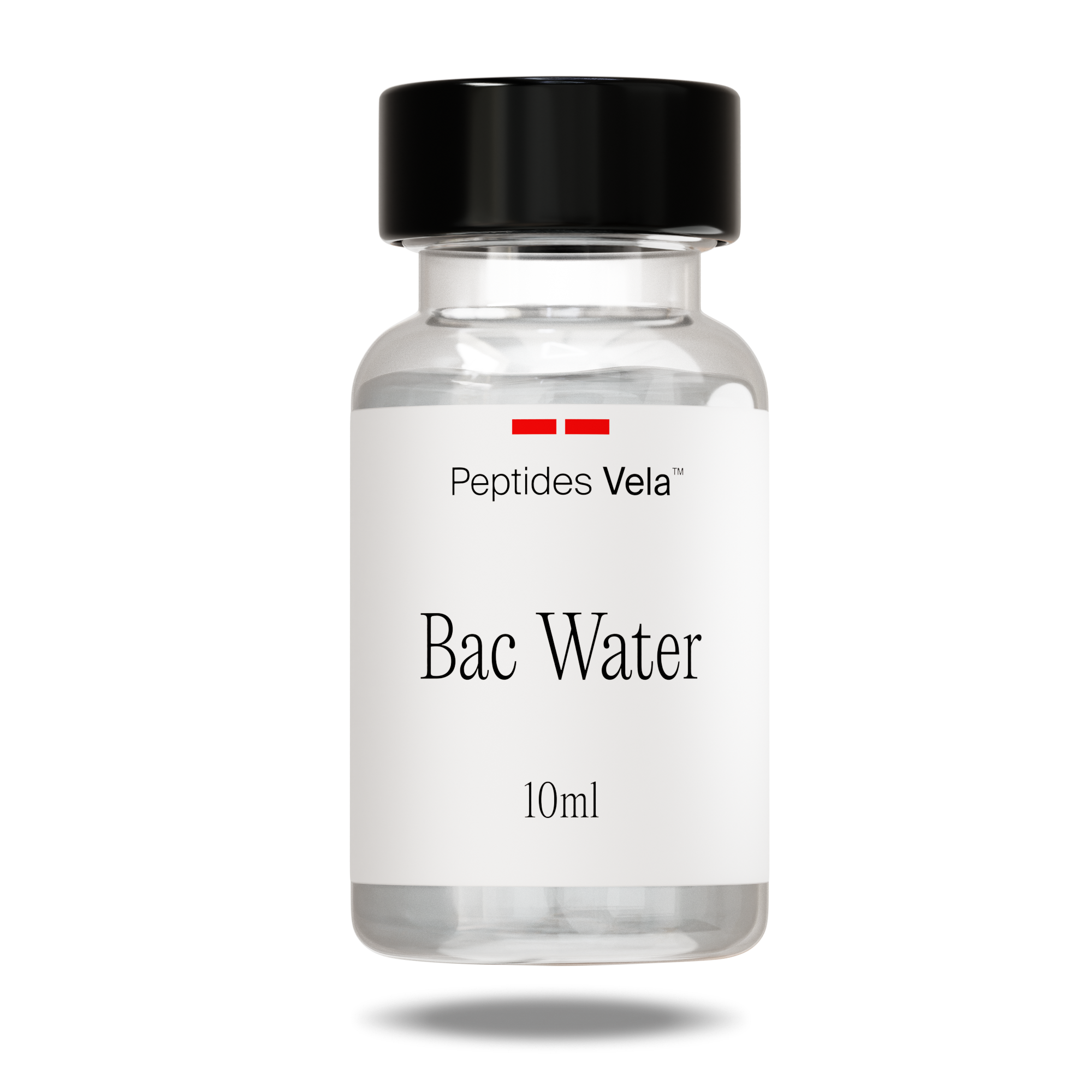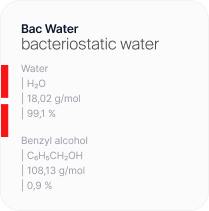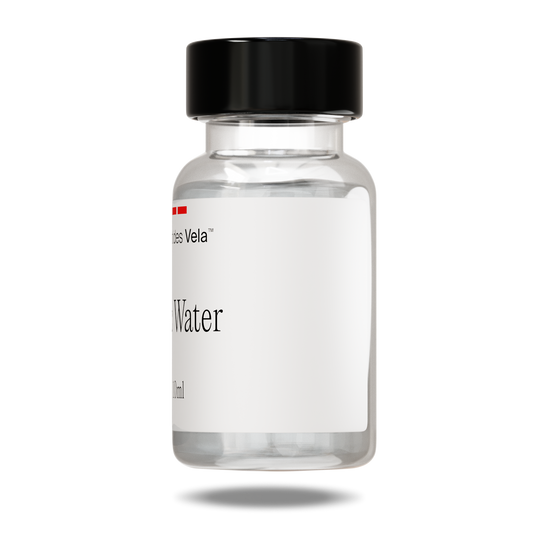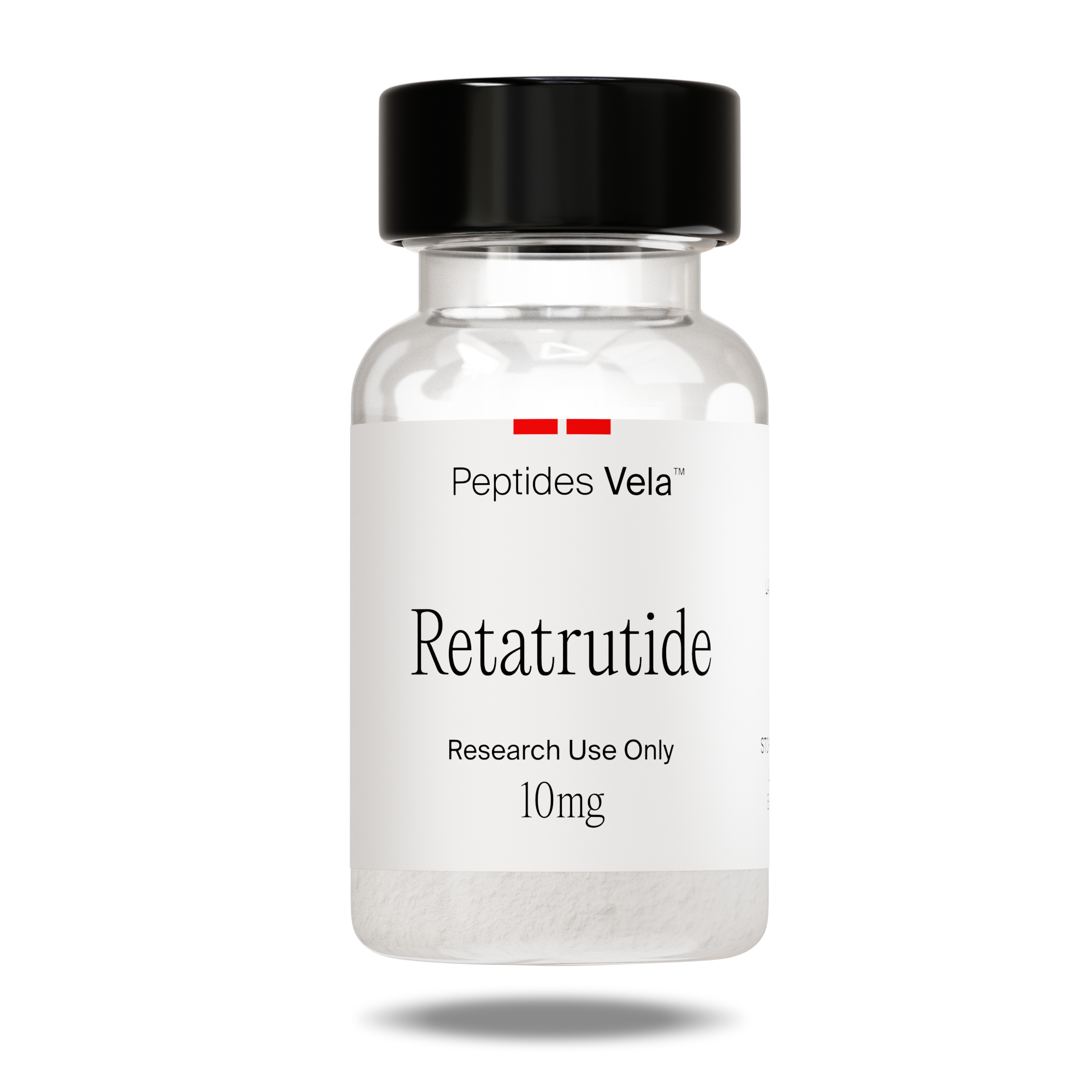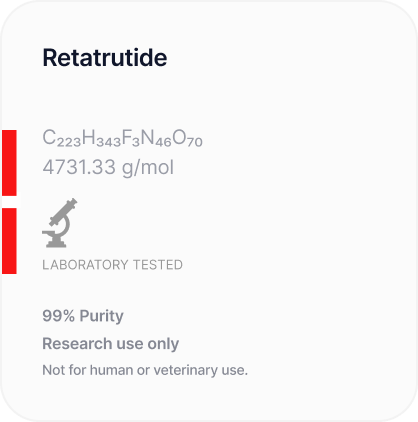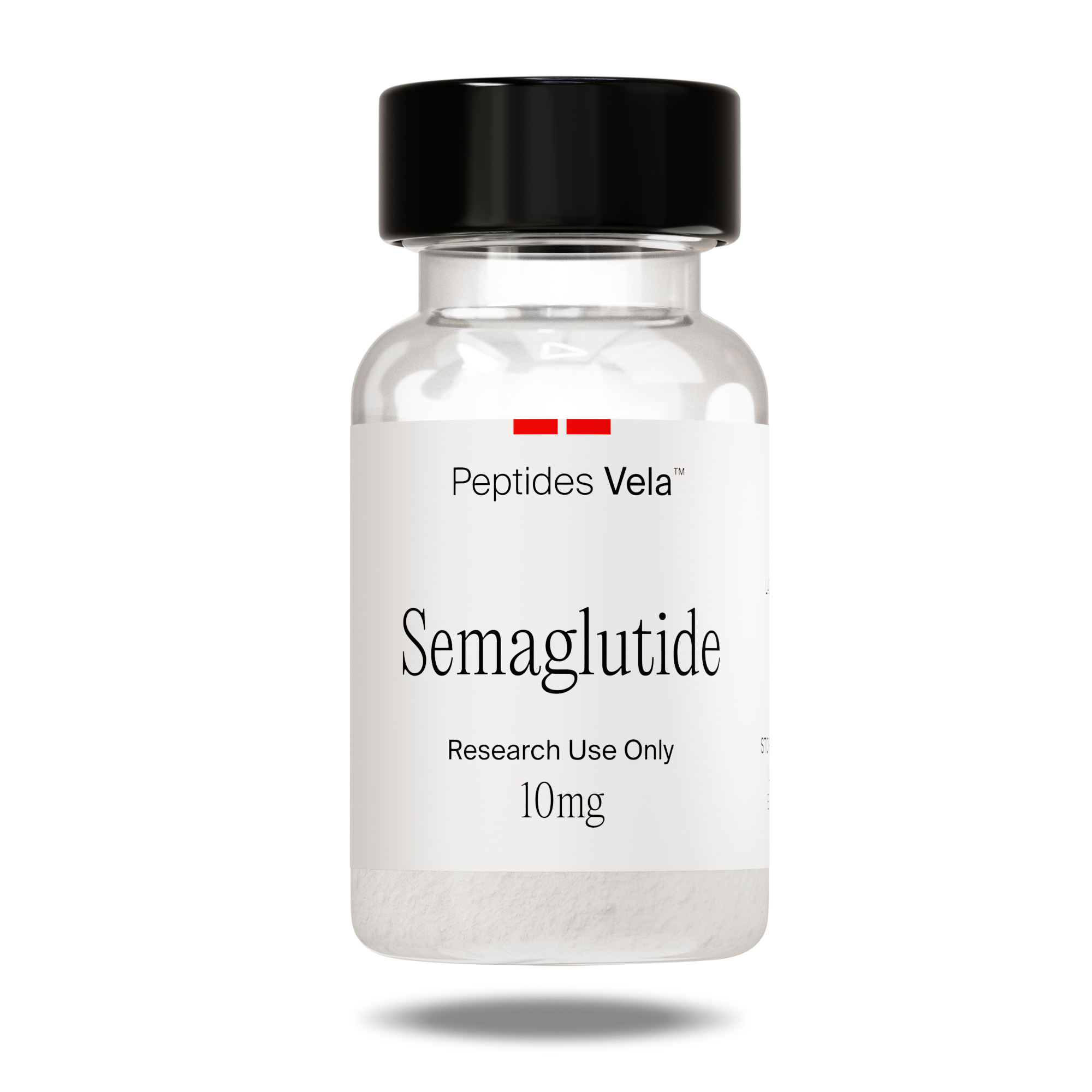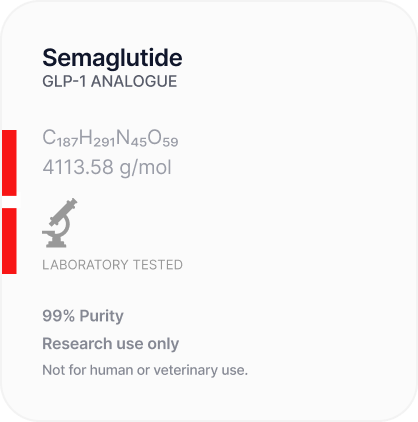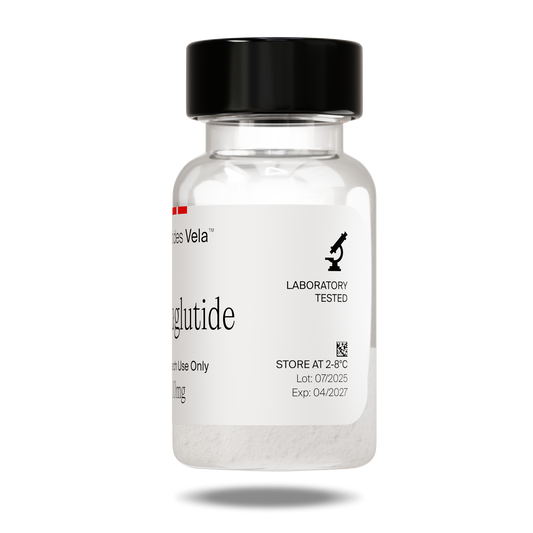Product Detail
Disclaimer
Research Use Only - Important Disclaimer.
All products listed and sold by Peptides Vela are intended STRICTLY for laboratory research purposes — specifically for in vitro studies. They are NOT INTENDED for human or animal consumption, NOR FOR USE in foods, drugs, cosmetics, medical devices, or diagnostic procedures.
Posologie - IMPORTANT.
The information and materials provided on this website are for educational and informational purposes ONLY.
Listing a product on this website DOES NOT grant a license to use it in any way that may infringe on patents or VIOLATE LAWS.
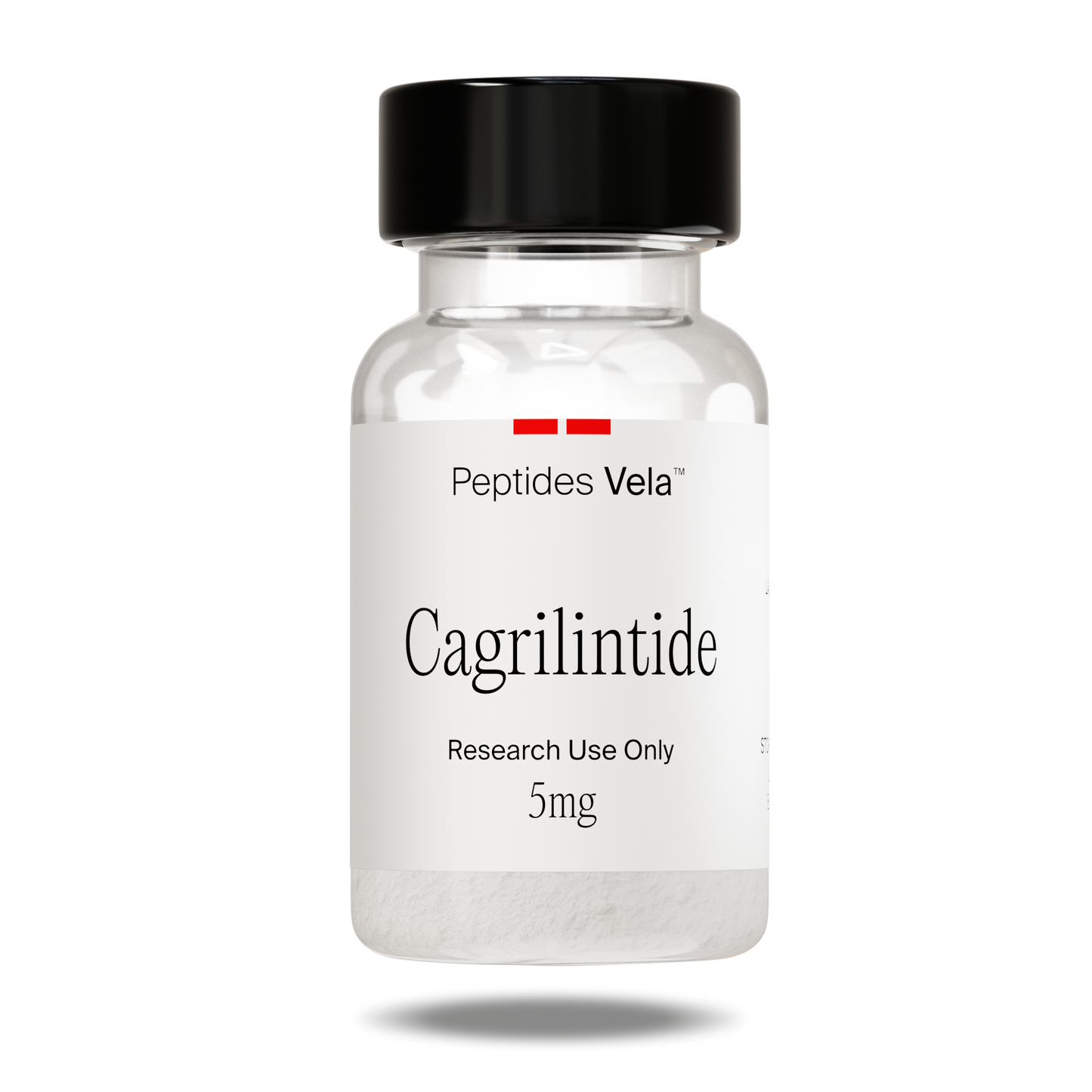
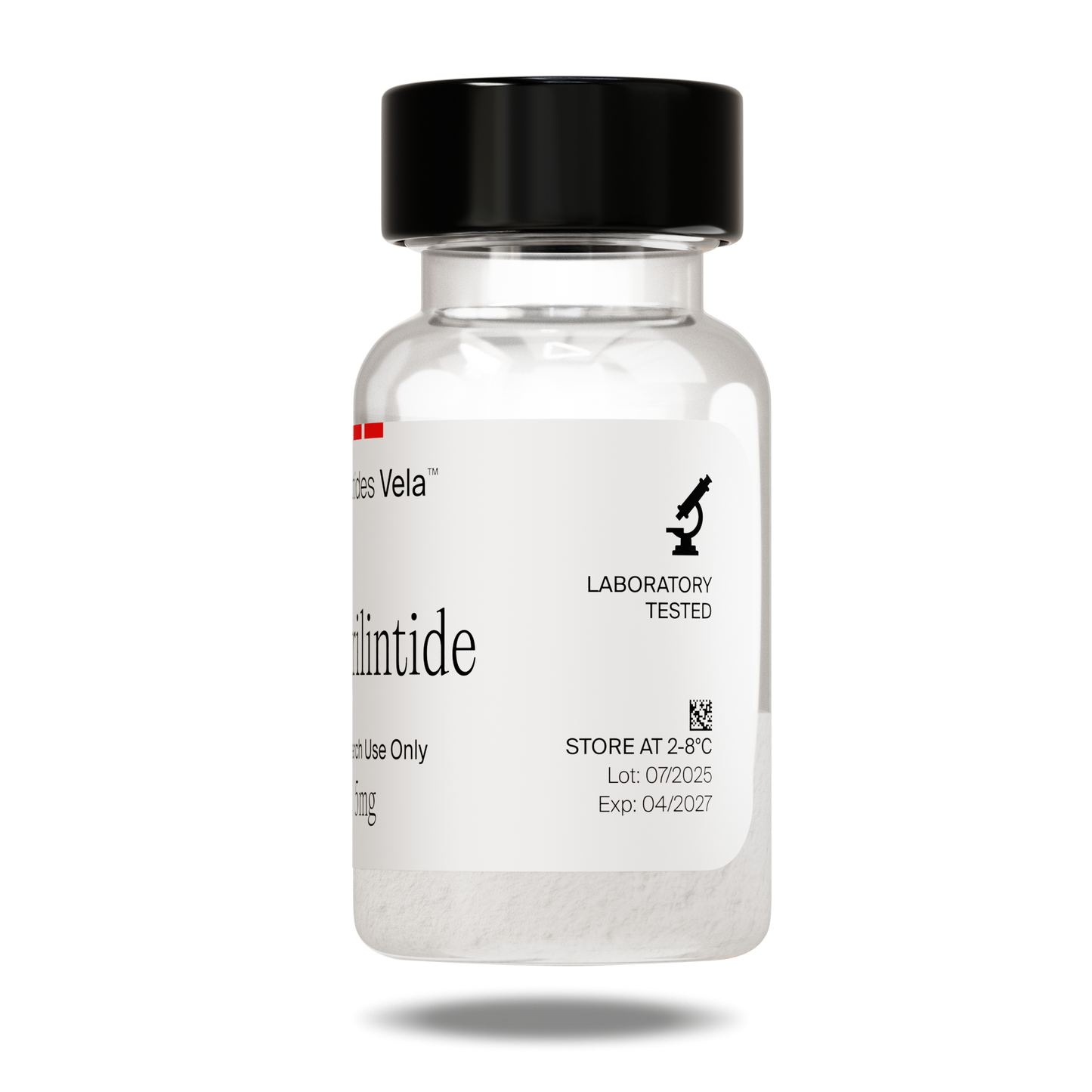
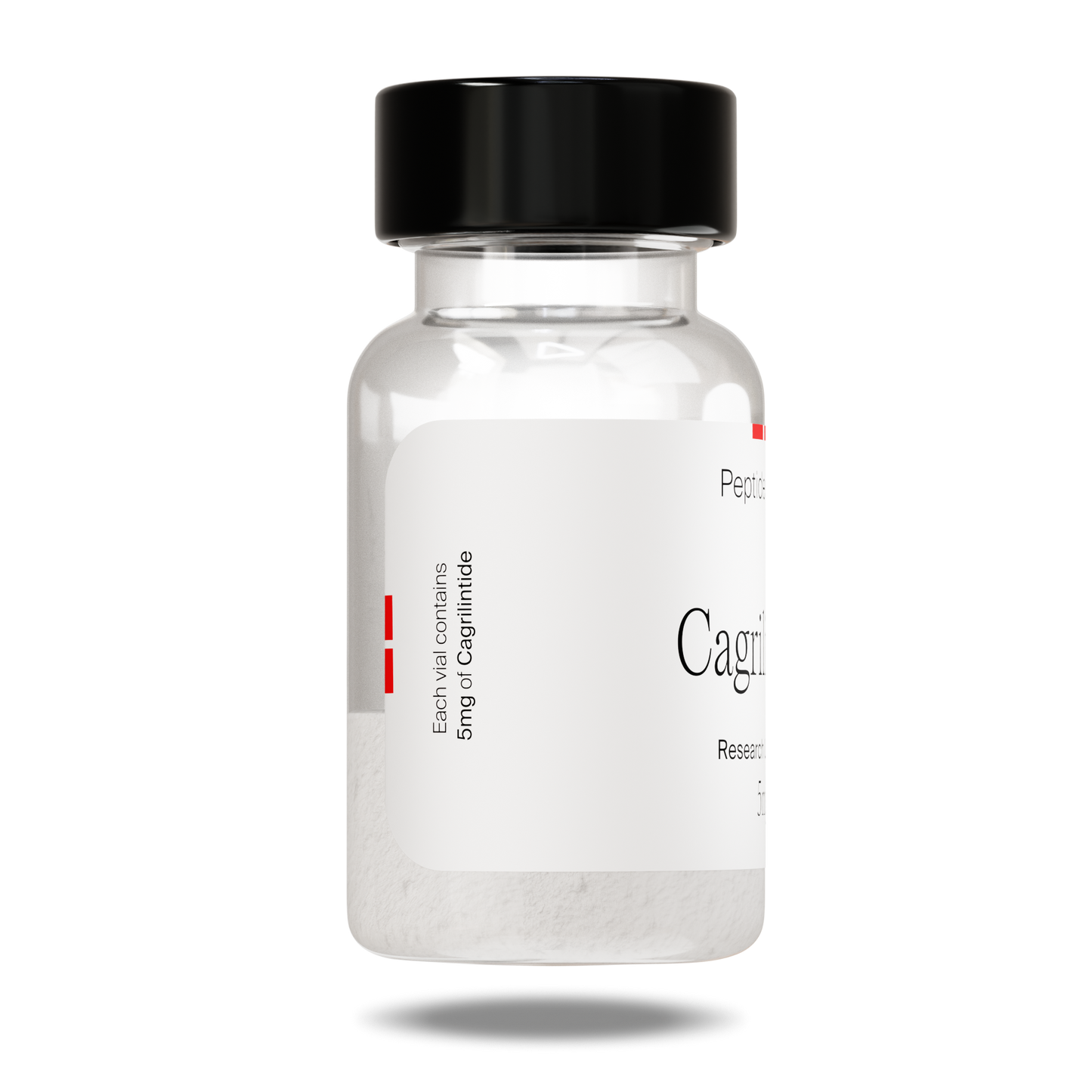
| Name | Cagrilintide 5mg |
|---|---|
| Purity | >99% |
| Molecular Formula | C₁₉₄H₃₁₂N₅₄O₅₉S₂.H₄O₂ |
| Molecular Weight | 4409.01 g/mol |
| Appearance | White to off-white lyophilized powder |
| Storage Conditions | 2–8°C, protected from light |




